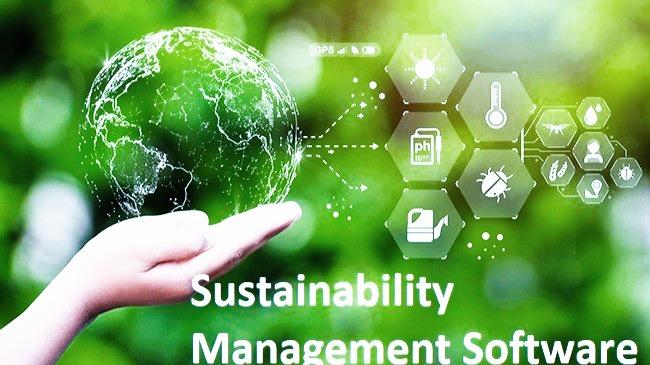The future of the Sustainability Management Software Market Trends is pointing towards a more automated, more integrated, and more predictive platform that will transform ESG data from a backward-looking reporting exercise into a forward-looking strategic asset. As the industry continues its explosive growth towards a projected USD 1.14 billion valuation by 2035, a journey propelled by a phenomenal 18.92% CAGR from 2025 to 2035—several key trends are emerging that will define the next generation of these mission-critical systems. These trends are focused on leveraging AI to automate data collection, on deep integration with core business systems, and on moving beyond simple reporting to provide actionable insights for business improvement.
One of the most significant trends is the deep and pervasive use of Artificial Intelligence (AI) to automate the complex and often manual process of data collection. A major challenge in sustainability management is gathering the necessary data from a vast array of different sources, from utility bills and supplier surveys to HR systems and financial reports. The trend is to use AI, particularly natural language processing (NLP), to automatically read and extract the relevant data from these unstructured documents, dramatically reducing the manual effort required. AI will also be used to improve data quality, automatically flagging anomalies and inconsistencies and suggesting corrections, leading to a more accurate and reliable ESG dataset.
Another major trend is the deeper integration of the sustainability platform with a company's core enterprise systems, particularly its Enterprise Resource Planning (ERP) system. The ERP system is the source of truth for much of the activity data that is needed to calculate a carbon footprint, such as data on purchased goods, fuel consumption, and business travel. The trend is to create a seamless, real-time integration between the ERP and the sustainability platform, so that this data can flow automatically, eliminating the need for manual data uploads. This "green ERP" concept will embed sustainability and carbon accounting directly into the core financial and operational processes of the business, making it a much more integrated and less siloed function.
Finally, the most strategic trend is the evolution of the software from a pure reporting tool to a strategic decision-making and performance management platform. The future is not just about reporting on last year's emissions; it is about using the data to make smarter decisions to reduce future emissions. The trend is towards platforms that provide powerful "what-if" scenario modeling and predictive analytics. A company will be able to simulate the financial and carbon impact of different decarbonization projects, such as investing in renewable energy or redesigning a product to use more sustainable materials. This will allow them to build a clear, data-driven roadmap to achieve their net-zero goals and to track their progress in real-time, transforming the platform into a true engine of sustainable transformation.
Explore Our Latest Trending Reports:
Digital Identity in Government Sector Market



